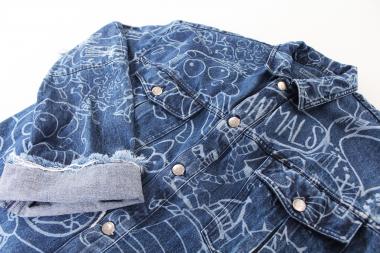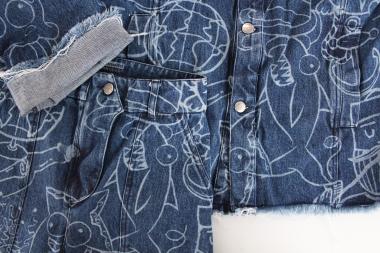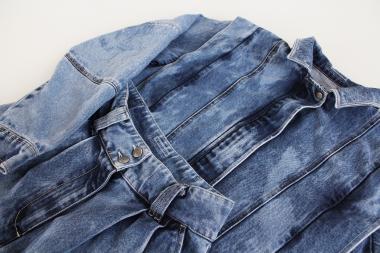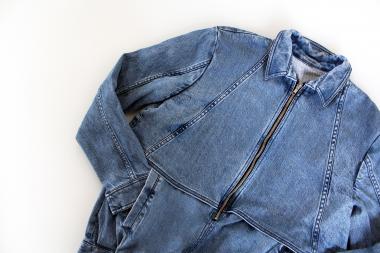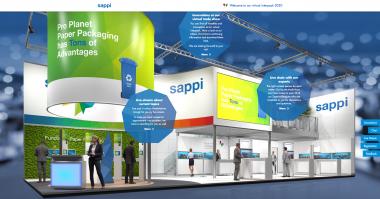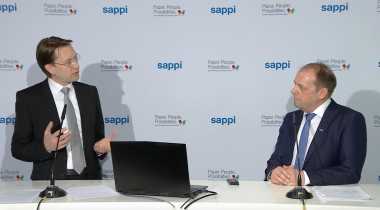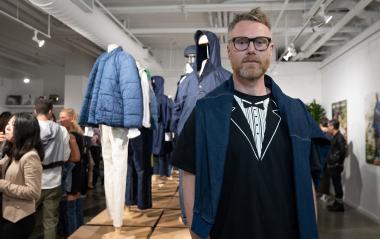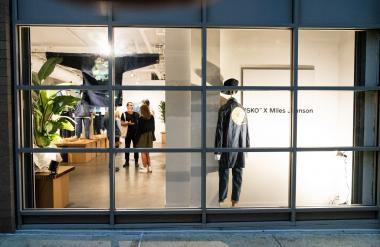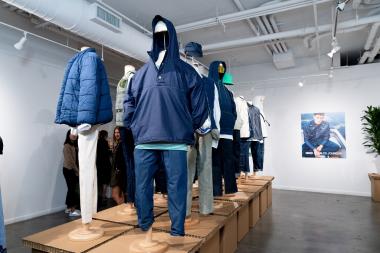Kelheim Fibres scores a leading position in Canopy’s 2020 Hot Button Report
The Bavarian viscose speciality fibre manufacturer Kelheim Fibres has achieved a leading score in Canopy’s 2020 Hot Button Report. Kelheim Fibres ranks overall among the top 5 producers and was even able to improve their good previous year’s result.
While the company – as in 2019 - is assessed as “low risk" of sourcing from Ancient & Endangered Forests, Kelheim is proud to have invested significantly in “Next Generation Fibre Solutions,” and hopes to reach commercial scale by 2025. Also, highlighted in the report is Kelheim’s increase of the proportion of FSC®-certified fibre.
Kelheim has accepted the recommendation to develop an action plan for continuous improvement of their sustainability: With a certification according to ISO 50001 (energy management), certification according to EMAS (expected at the end of 2020), the application to join ZDHC (Roadmap to Zero) and the newly created position of a sustainability manager, the viscose fibre experts have accomplished a considerable success in a short space of time.
“Canopy’s Hot Button Report not only stands for ethically correct raw material sourcing – it is an overall sustainability indicator for viscose fibre producers.”, so Matthew North, Commercial Director at Kelheim Fibres. “We are proud of our ranking and will follow this path further: Our fibres offer an ecofriendly alternative to synthetic materials. That includes certified sustainable raw material sourcing, resource saving and low-emission production processes as well as the continuous search for improvements and future-oriented solutions.“
Kelheim Fibres




